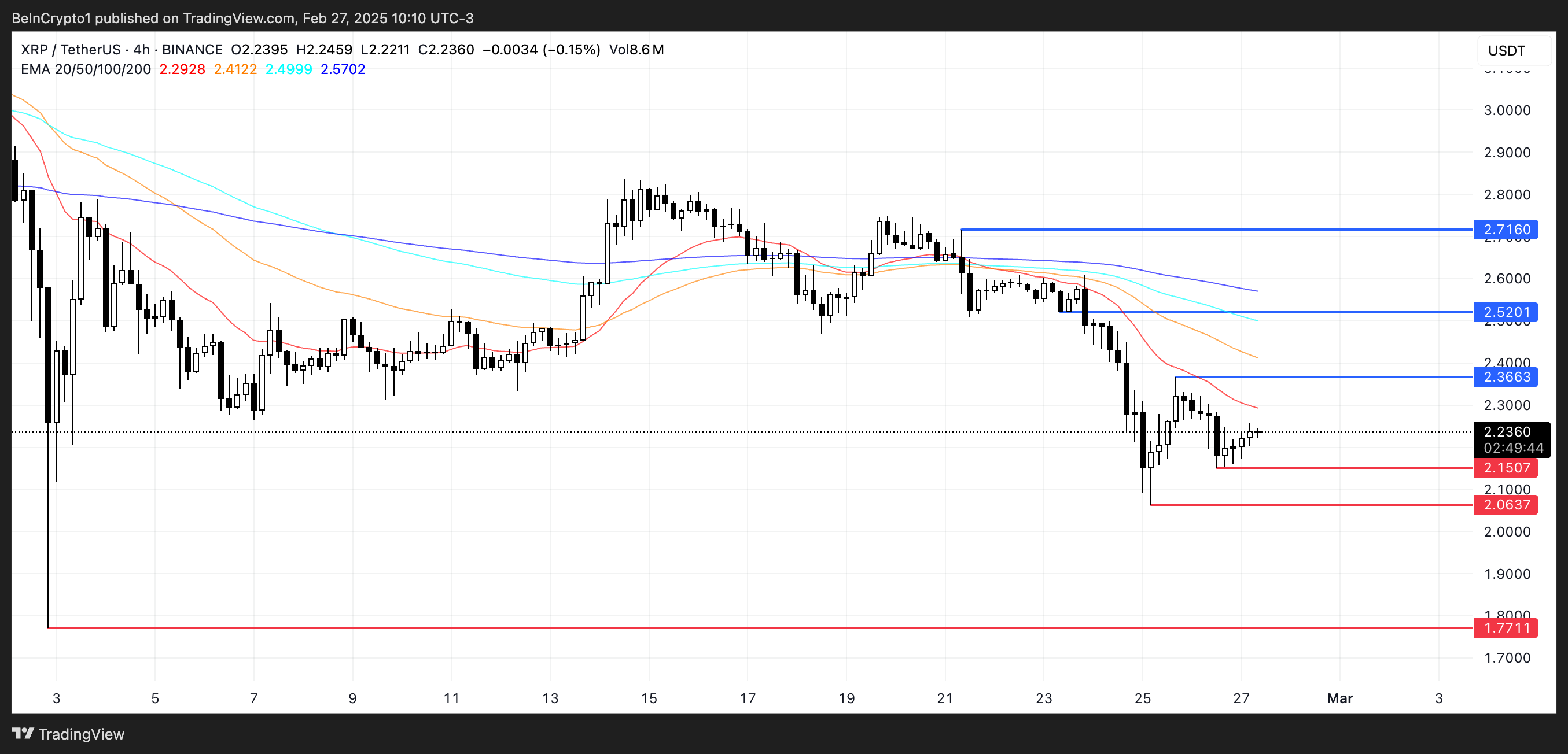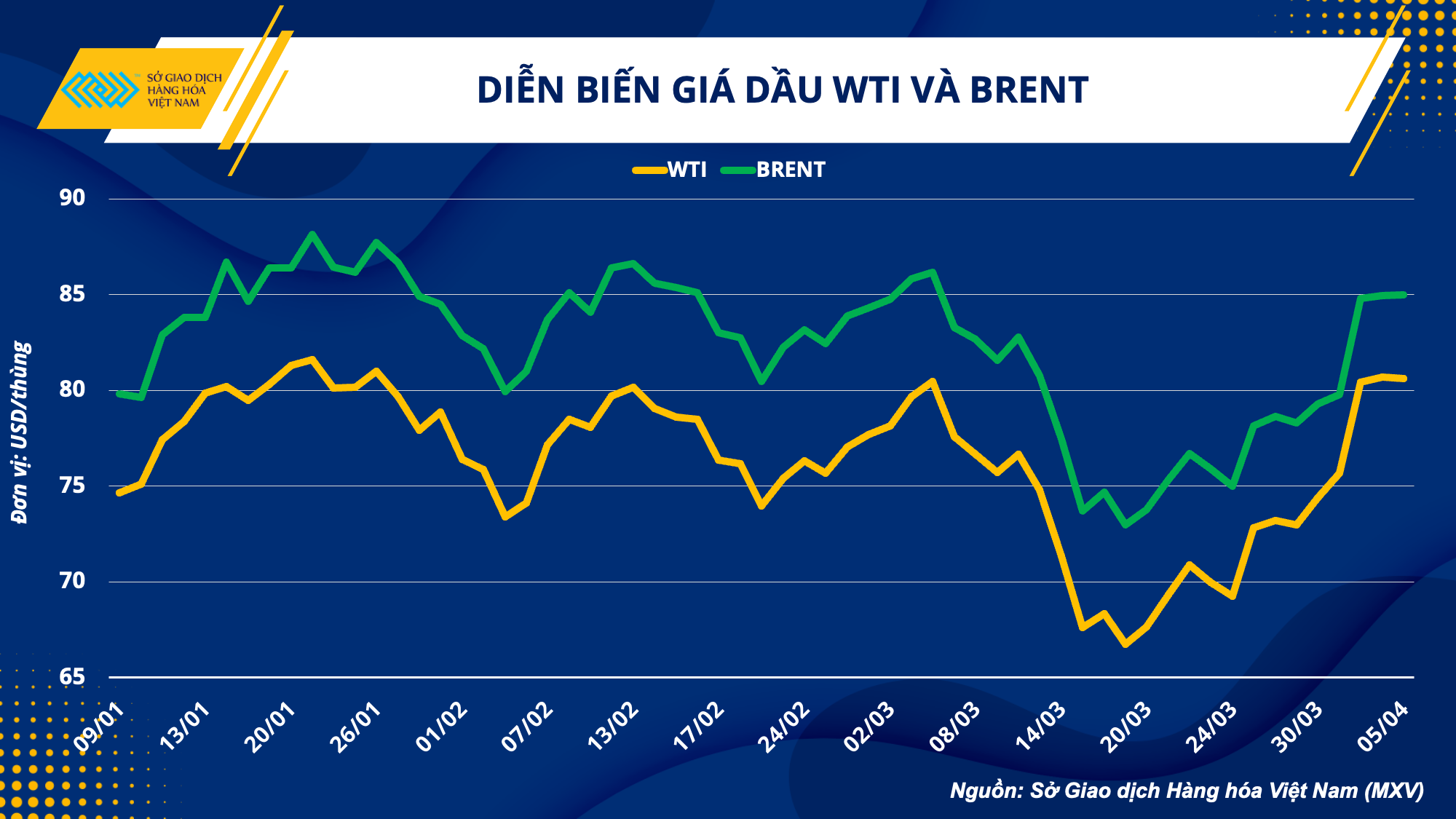XRP Regulatory Uncertainty: What The SEC Ruling Means For Investors

Table of Contents
Understanding the SEC's Case Against Ripple
The SEC's lawsuit against Ripple Labs, filed in December 2020, alleges that Ripple conducted an unregistered securities offering of XRP. The core of the SEC's argument centers around whether XRP qualifies as an "investment contract," a type of security under U.S. law. The Howey Test, a crucial legal precedent, is central to this determination. This test considers whether an investment involves an investment of money in a common enterprise with a reasonable expectation of profits derived from the efforts of others.
- Allegations of unregistered securities offering: The SEC claims Ripple sold billions of XRP without registering them with the SEC, violating federal securities laws.
- The SEC's definition of an "investment contract": The SEC argued that XRP sales involved a reasonable expectation of profit derived from Ripple's efforts, fulfilling the Howey Test criteria.
- Ripple's defense and counterarguments: Ripple countered that XRP is a currency, not a security, and that its sales were not subject to SEC registration requirements. They argued that XRP functions similarly to other cryptocurrencies like Bitcoin and Ethereum.
- Key legal arguments and precedents: The case hinged on interpreting existing securities laws in the context of a novel digital asset, leading to extensive legal arguments and examination of previous precedents.
Impact on XRP Holders
The partial summary judgment in the SEC v. Ripple case has created significant uncertainty for XRP holders. The ruling differentiated between programmatic sales on exchanges and direct sales to institutional investors. This distinction significantly impacts the legal repercussions for various investors.
- Potential legal repercussions for investors: Investors who purchased XRP directly from Ripple may face greater legal risk than those who bought XRP on exchanges.
- Implications for trading and exchange listings: Several major exchanges delisted XRP following the initial lawsuit, creating challenges for trading and accessibility. The ruling's long-term impact on exchange listings remains uncertain.
- The impact on XRP's price volatility: The ruling, and the ongoing legal uncertainty, have caused significant price volatility for XRP, impacting investor portfolios.
- Future regulatory landscape for XRP: The ruling sets a crucial precedent for future cryptocurrency regulation, particularly regarding how digital assets are classified under securities law. The future regulatory landscape for XRP remains unclear.
Navigating the Regulatory Uncertainty
The regulatory uncertainty surrounding XRP necessitates proactive risk management strategies for investors. The following steps can help you navigate this challenging situation:
- Diversification strategies: Diversifying your investment portfolio across various asset classes is crucial to mitigate risk associated with XRP's fluctuating value and regulatory uncertainty.
- Risk management techniques: Implement risk management strategies such as setting stop-loss orders to limit potential losses if XRP's price falls further.
- Staying informed about regulatory developments: Keep abreast of any regulatory updates regarding XRP and the broader cryptocurrency landscape. Follow reputable news sources and legal analyses.
- Consulting with financial advisors: Seeking advice from a qualified financial advisor specializing in digital assets can provide personalized guidance on managing your XRP holdings.
The Future of XRP and Cryptocurrency Regulation
The SEC v. Ripple case has far-reaching implications for the cryptocurrency market. The ruling's impact extends beyond XRP, potentially influencing how other digital assets are regulated.
- Potential impact on other cryptocurrencies: The SEC's approach to XRP could influence future regulatory actions against other cryptocurrencies, leading to increased scrutiny and potential legal challenges.
- The evolving regulatory landscape for digital assets: The cryptocurrency regulatory landscape is constantly evolving. Expect further clarification and changes as governments worldwide grapple with the complexities of digital assets.
- The need for clearer regulatory frameworks: The case underscores the need for clearer and more comprehensive regulatory frameworks for digital assets to provide investors with more certainty.
- The role of self-regulation within the crypto industry: Industry-led self-regulation efforts may become increasingly important in navigating the regulatory complexities.
Conclusion
The SEC's ruling on XRP has created significant regulatory uncertainty for investors. Understanding the implications of the lawsuit, the potential impact on your holdings, and implementing effective risk management strategies are crucial for navigating this complex situation. Staying informed about further developments and adapting your investment strategy accordingly is paramount. Don't hesitate to seek professional financial advice to make informed decisions regarding your XRP investments and other cryptocurrency holdings in this evolving regulatory environment. By proactively managing your portfolio and staying updated on XRP regulatory news, you can better position yourself for the future of this dynamic asset class.

Featured Posts
-
 Protect Yourself Identifying And Avoiding Fake Steven Bartlett Investment Videos
May 01, 2025
Protect Yourself Identifying And Avoiding Fake Steven Bartlett Investment Videos
May 01, 2025 -
 Davina Mc Calls Brain Tumour Amanda Holdens Reaction
May 01, 2025
Davina Mc Calls Brain Tumour Amanda Holdens Reaction
May 01, 2025 -
 Thi Truong Tieu Hom Nay Gia Tieu Bat Tang Trien Vong Tich Cuc Cho Nong Dan
May 01, 2025
Thi Truong Tieu Hom Nay Gia Tieu Bat Tang Trien Vong Tich Cuc Cho Nong Dan
May 01, 2025 -
 Yankees Vs Guardians Analyzing Clevelands Winning Strategy
May 01, 2025
Yankees Vs Guardians Analyzing Clevelands Winning Strategy
May 01, 2025 -
 Sdr Azad Kshmyr Brtanwy Arkan Parlymnt Ka Kshmyr Kylye Tarykhy Fyslh
May 01, 2025
Sdr Azad Kshmyr Brtanwy Arkan Parlymnt Ka Kshmyr Kylye Tarykhy Fyslh
May 01, 2025
